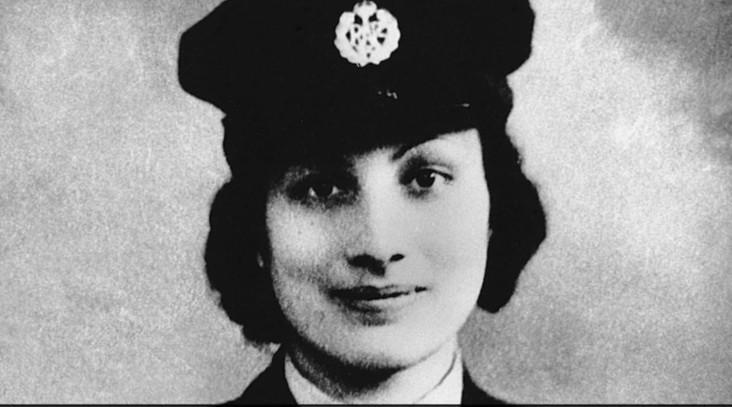
France Honours British Indian Spy & Tipu Sultan’s Descendant Noor
In a remarkable tribute, France has honoured Noor Inayat Khan, a descendant of the legendary Tipu Sultan and a World War II undercover British agent, with a commemorative postage stamp. This makes her the only Indian-origin woman to receive this prestigious tribute. Noor’s bravery and sacrifice during the war have been recognized and celebrated by France, a country she gave her life for.
Noor Inayat Khan was born on January 1, 1914, in Moscow, Russia, to an Indian father and an American mother. Her father, Inayat Khan, was a musician and a Sufi teacher who belonged to the royal family of Awadh. Noor’s family moved to London when she was a young girl, and she spent most of her childhood in England and France. She was a talented musician and writer, and her early life was marked by a deep love for music, literature, and spirituality.
However, with the outbreak of World War II, Noor’s life took a dramatic turn. She joined the Women’s Auxiliary Air Force (WAAF) in 1940 and was later recruited by the Special Operations Executive (SOE), a secret British organization that conducted espionage and sabotage operations behind enemy lines. Noor was trained as a wireless operator and was sent to France in 1943 to work with the French Resistance.
Noor’s work in France was incredibly brave and dangerous. She operated under the codename “Madeleine” and transmitted vital information back to London, helping to coordinate the activities of the French Resistance. However, her work did not go unnoticed by the Nazis, and she was eventually caught by the Gestapo in 1943. Despite being subjected to intense interrogation and torture, Noor refused to reveal any information about her colleagues or her mission.
Tragically, Noor was executed at the Dachau concentration camp in 1944, at the age of 30. Her bravery and sacrifice have been recognized and celebrated by both France and Britain. In 1949, she was posthumously awarded the Croix de Guerre, France’s highest civilian honour, and in 1949, she was also awarded the George Cross, Britain’s highest civilian honour for bravery.
The commemorative postage stamp issued by France is a fitting tribute to Noor’s memory and her contributions to the war effort. The stamp features a portrait of Noor, along with a background image of the Eiffel Tower, symbolizing her connection to France. The stamp is a reminder of the important role that Noor played in the war and the sacrifices she made for the freedom of France and the world.
Noor’s story is also a testament to the diversity and complexity of Indian history and culture. As a descendant of Tipu Sultan, the legendary ruler of Mysore, Noor was part of a long line of Indian heroes who fought against colonialism and oppression. Her bravery and sacrifice are an inspiration to people all over the world, and her legacy continues to be celebrated and honoured today.
In addition to the commemorative postage stamp, Noor’s story has been the subject of several books, films, and documentaries. Her life and work have inspired countless people, and her bravery and sacrifice have become a symbol of resistance against oppression and tyranny.
In conclusion, the commemorative postage stamp issued by France in honour of Noor Inayat Khan is a fitting tribute to her memory and her contributions to the war effort. Noor’s bravery and sacrifice have been recognized and celebrated by both France and Britain, and her legacy continues to inspire people all over the world. Her story is a reminder of the importance of courage, sacrifice, and resistance in the face of oppression and tyranny.






